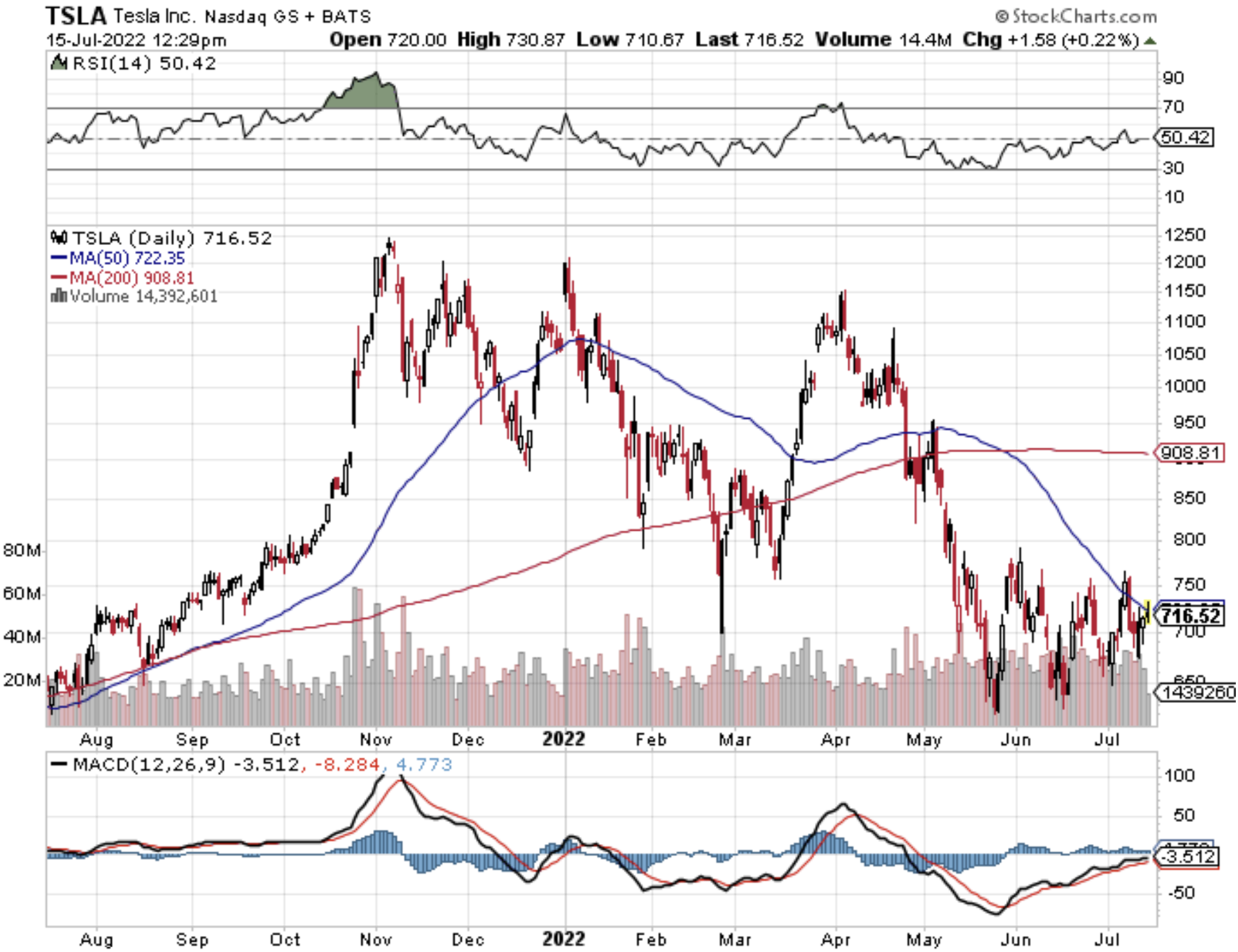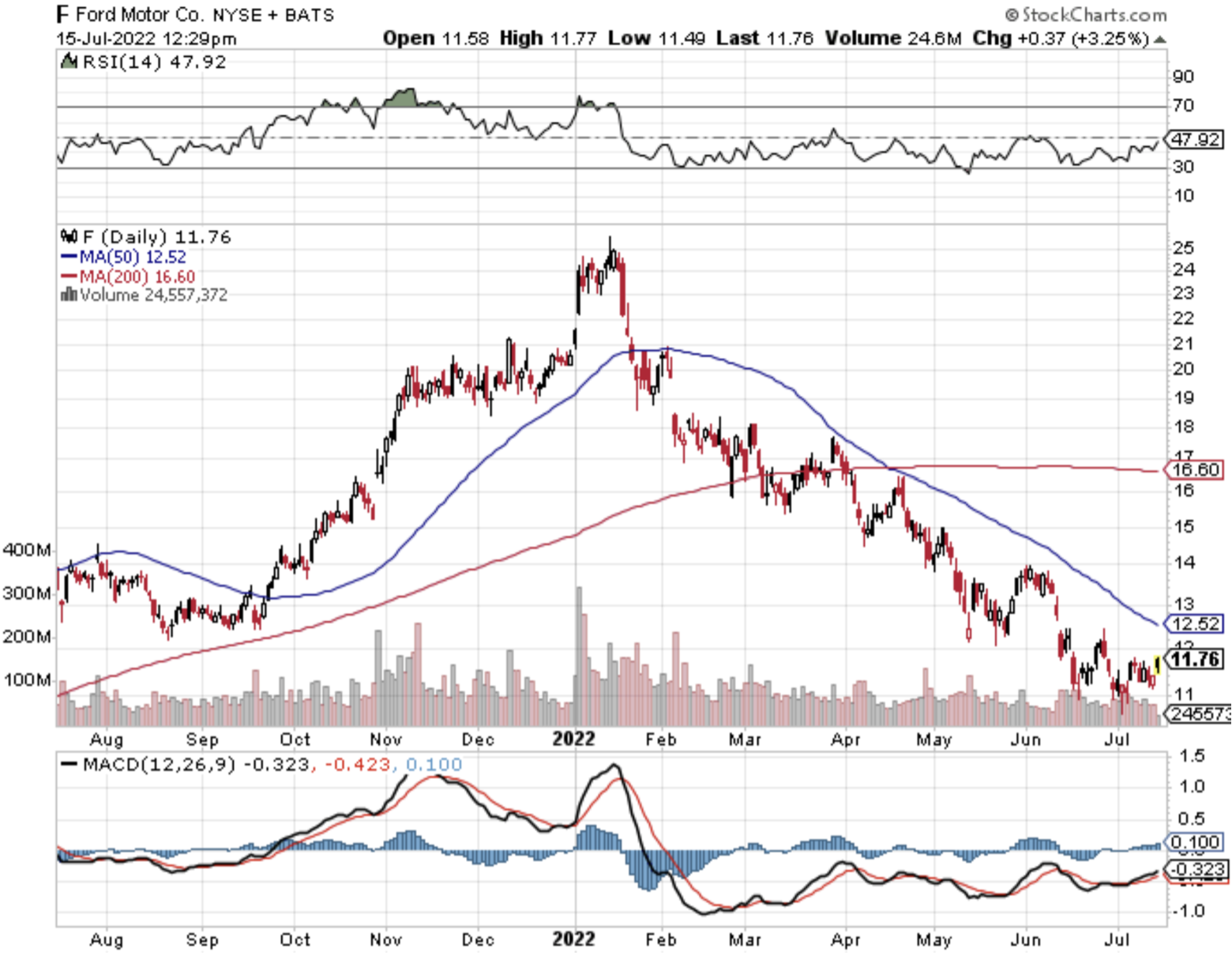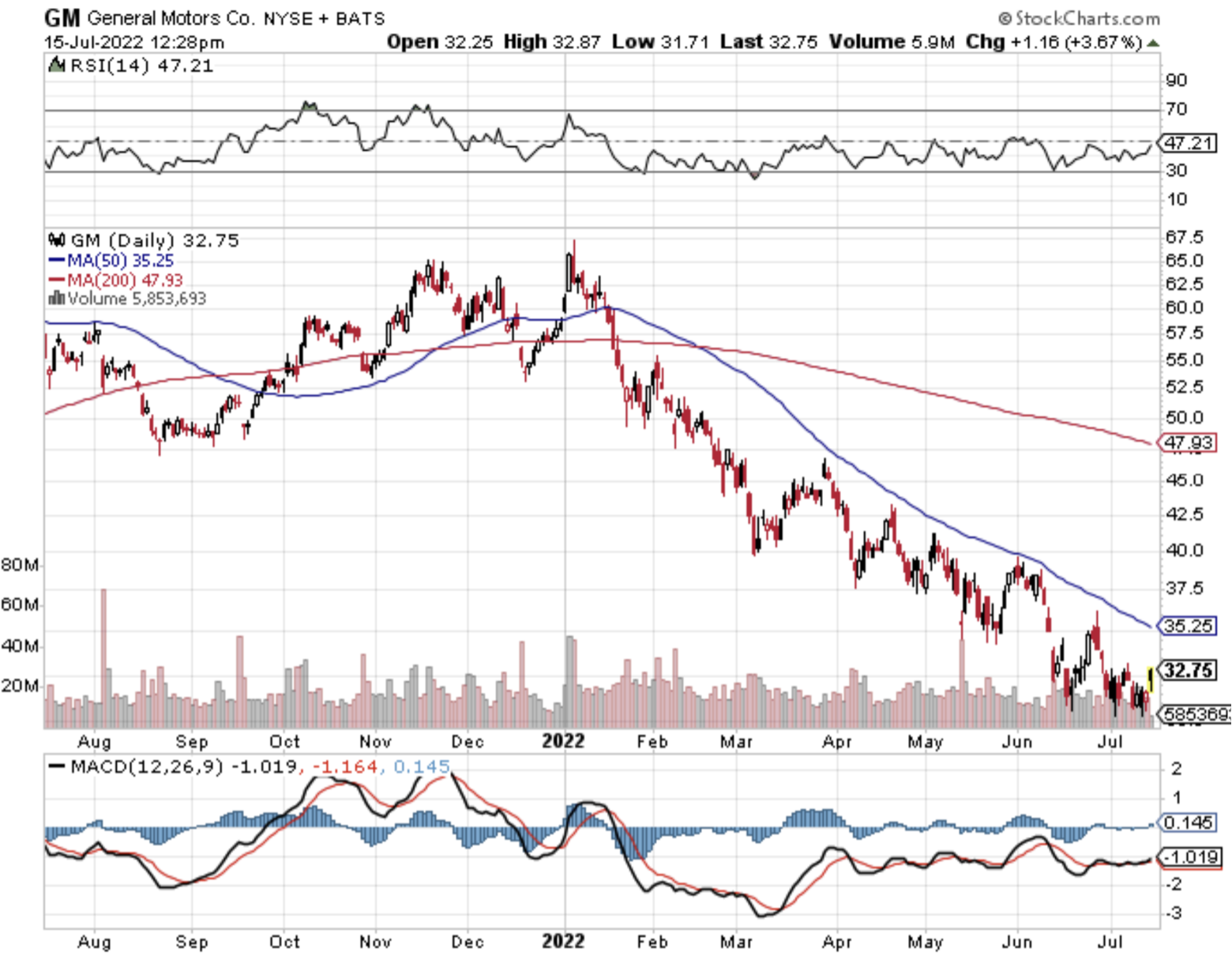The Hunt For Raw Materials
Tesla (TSLA) CEO Elon Musk has been in the headlines a lot lately, and I don’t write about him because I idolize the guy.
He is simply the richest man in the world and straddles the vanguard of space technology and EV technology, all while failing to purchase one of the biggest social media platforms in the world.
Naturally, his point of contact in the business world is immense, the man moves markets and we need to acknowledge it.
His latest quip has to do with natural resources - particularly lithium.
He defined the term energy independence for a world full of electric cars: You simply need the batteries.
His tweet of “lithium batteries are the new oil” is an updated variation of “data is the new oil.”
It doesn’t mean lithium is the new data but in a conceptual future when lithium batteries power the potential iPhone on wheels product, it gets close to or at the very minimum, it is complicit in accelerating data generation.
Batteries may be the future. But for now, oil is still the new oil.
About 20 million barrels of oil are consumed in the US every day. (About eight million barrels are imported.)
About two-thirds of oil ends up in gas tanks, according to the US Department of Energy.
Outrageous oil prices is why the American consumers want to buy an EV, there is a massive backlog of orders.
The American Automobile Association reported that 25% of new car buyers surveyed are considering an EV as their next car.
But, as Musk said, EVs can't completely solve the energy independence problem. Because the oil problem is simply replaced by the problem with lithium-ion batteries.
OPEC countries don't produce many lithium-ion batteries.
They are mainly produced in Asia. The Chinese company Contemporary Amperex Technology, better known as CATL, manufactures about 30% of the electric car batteries produced worldwide, according to Ford CEO Jim Farley.
CATL has grown into the 800-pound gorilla in the room with a market capitalization of $200 billion, it competes with Toyota and competes well.
Most automakers, including General Motors (GM) and Ford (F), predict that by 2030 around 50% of new cars sold will be battery-powered. That corresponds to up to ten million EVs per year in America alone.
Manufacturing batteries in the US is part of a strategy to become independent in the lithium-ion battery space.
Another factor is the raw materials required for the batteries. Lithium is mainly mined in South America and Australia and mostly processed in China.
Other raw materials such as nickel and cobalt come from many other countries like the Congo.
Automakers, including Tesla, may be considering investing early in the battery value chain. This could protect them from commodity price shocks like those experienced by US consumers in 2022.
Musk hopes to front-run the situation and that means investing in Lithium-ion solutions instead of one day held hostage by Chinese price gouging.
The communist Chinese are the ones who hope to corner the market with state subsidies.
There are many things I envy about Musk, but I particularly appreciate his knack for pre-emptively looking for unique solutions before problems get out of hand.
That can’t be said for most American corporations that are held hostage by the short-termism of quarterly earnings reports.
Musk has a longer leash, and he certainly uses it to abandon which is why he can handle a higher risk tolerance.
Tesla shares were only recently at $1,200 and at $700, this represents immense value for long-term buy and hold investors.






